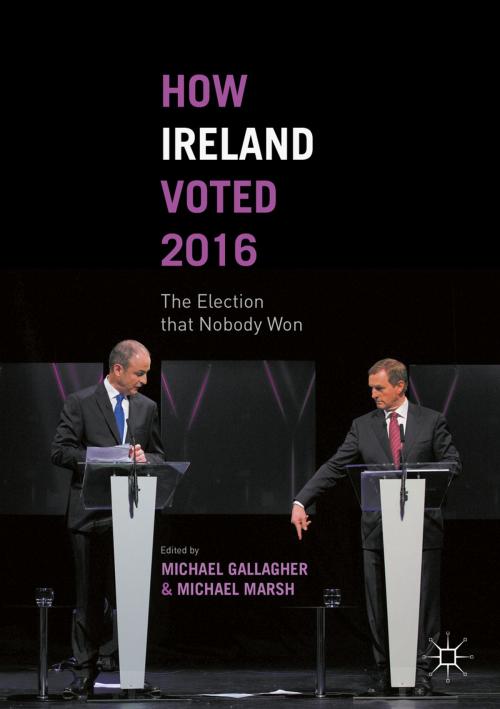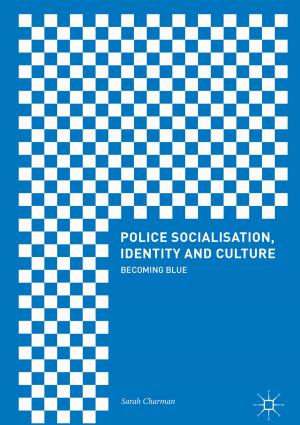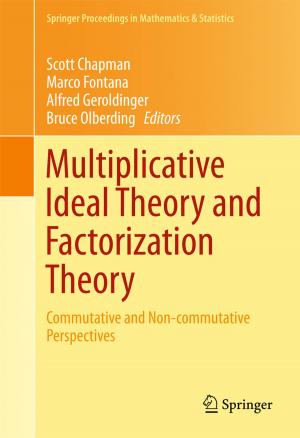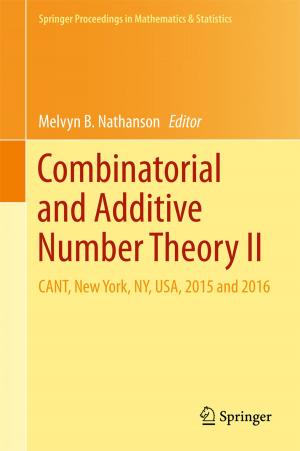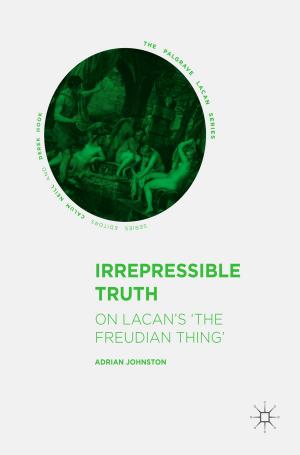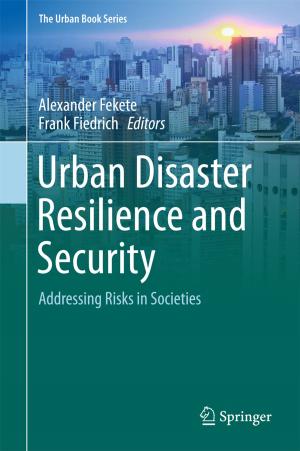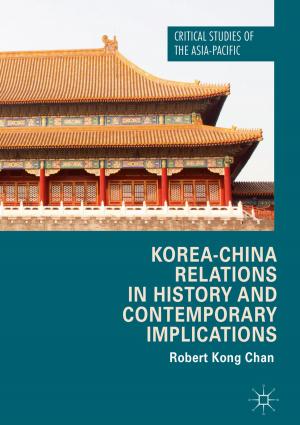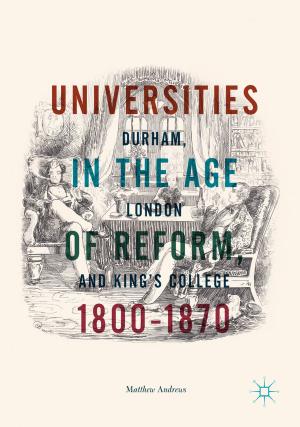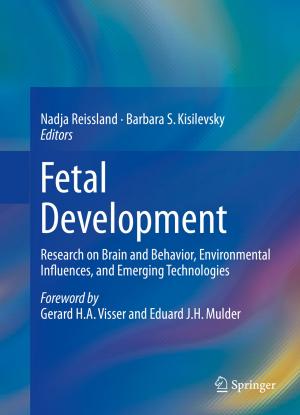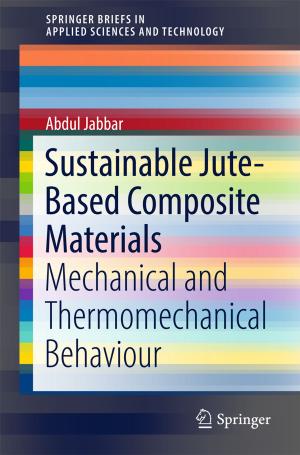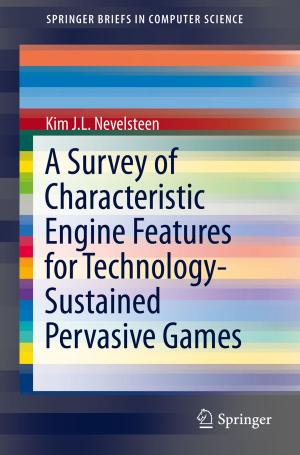How Ireland Voted 2016
The Election that Nobody Won
Nonfiction, Social & Cultural Studies, Political Science, Government, Democracy, International| Author: | ISBN: | 9783319408897 | |
| Publisher: | Springer International Publishing | Publication: | October 27, 2016 |
| Imprint: | Palgrave Macmillan | Language: | English |
| Author: | |
| ISBN: | 9783319408897 |
| Publisher: | Springer International Publishing |
| Publication: | October 27, 2016 |
| Imprint: | Palgrave Macmillan |
| Language: | English |
This book is the definitive analysis of the 2016 Irish general election and is the eighth book in the well-established How Ireland Voted series. The 2011 election in Ireland was characterised as an earthquake, but the aftershocks visible in the 2016 election were equally dramatic. This election saw the rout of the government that had presided over a remarkable economic recovery, and marked a new low for the strength of the traditional party system, as smaller parties and independents attracted almost half of all votes. The first chapter sets the context, and later ones investigate the extent to which the outgoing government fulfilled its 2011 pledges, and how candidates were selected. The success or otherwise of campaign strategies is assessed, the results and the behaviour of voters are analysed, and the aftermath, when it took a record length of time to form a government, is explored. Other chapters examine the consequence of new gender quotas for candidate selection, consider the reasons for the unusual success of independents, and reflect on the implications. The book also reveals intriguing insights into the candidates’ experiences of the election, both successful and unsuccessful. It will be of use to students, teachers and scholars of Irish politics, as well as the wider reader interested in Irish politics and elections.
This book is the definitive analysis of the 2016 Irish general election and is the eighth book in the well-established How Ireland Voted series. The 2011 election in Ireland was characterised as an earthquake, but the aftershocks visible in the 2016 election were equally dramatic. This election saw the rout of the government that had presided over a remarkable economic recovery, and marked a new low for the strength of the traditional party system, as smaller parties and independents attracted almost half of all votes. The first chapter sets the context, and later ones investigate the extent to which the outgoing government fulfilled its 2011 pledges, and how candidates were selected. The success or otherwise of campaign strategies is assessed, the results and the behaviour of voters are analysed, and the aftermath, when it took a record length of time to form a government, is explored. Other chapters examine the consequence of new gender quotas for candidate selection, consider the reasons for the unusual success of independents, and reflect on the implications. The book also reveals intriguing insights into the candidates’ experiences of the election, both successful and unsuccessful. It will be of use to students, teachers and scholars of Irish politics, as well as the wider reader interested in Irish politics and elections.
